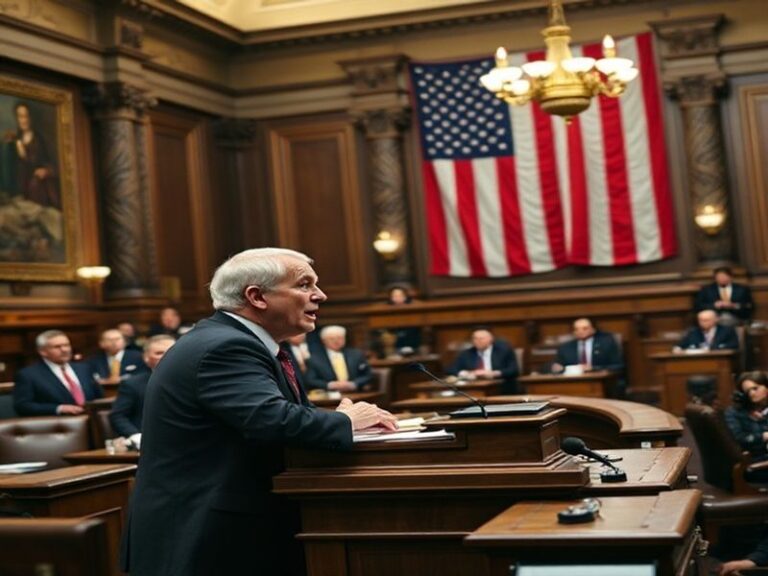Global House of Cards: How the World Perfected the Art of the International Lie
Tell Me Lies, Tell Me Sweet Little Global Catastrophes
By Our Special Correspondent, Somewhere Between the 9th and 10th Circle of Fact-Checking
VIENNA—From the mahogany-paneled briefing rooms of the IAEA to the fluorescent-lit call centers of Manila, humanity has reached a rare consensus: we prefer our mendacities artisanal, preferably with a local accent and a side of plausible deniability. Whether it is Delhi’s pollution index mysteriously dropping during election season, Madrid’s tourism board Photoshopping the protesters out of Plaza Mayor, or Beijing claiming its latest fishing fleet is merely “marine research,” the international lie has become the last truly borderless commodity—duty-free, non-tariff, and best enjoyed at 30,000 feet where jurisdiction is delightfully fuzzy.
Take the recent spectacle in Glasgow: delegates from 196 nations vowed to slash carbon while their press officers quietly booked return flights on private jets so large they have their own ZIP codes. The official communique called it “aspirational parity.” The intern who leaked the manifest called it “a sky-written confession.” Both statements remain technically true, which is the hallmark of a world-class lie: enough legal wiggle room to park a Boeing.
In Kyiv, officials insist the city’s tap water is “within permissible parameters.” The parameters, it turns out, were drafted in 1986 by the same committee that said Chernobyl’s glow was “a temporary aurora.” Meanwhile, Tokyo Electric has trademarked the phrase “treated but still slightly radioactive” in 47 languages, presumably to streamline future apologies. The global lesson? If you can’t fix the problem, rebrand it; if you can’t rebrand it, translate it into bureaucratic Esperanto and schedule a symposium.
Yet nowhere are lies more lovingly curated than in the financial capitals. London bankers still refer to the 2008 crisis as “an unforeseen liquidity hiccup,” a phrase so genteel it practically sips tea. Across the Atlantic, the Federal Reserve’s inflation reports now come with disclaimers longer than Russian novels, footnoting everything except actual prices. And in Frankfurt, the ECB insists the euro is “robust,” a word economists whisper the way morticians say “natural causes.” The beauty of monetary deceit is that it ages like cheese: the stench is undeniable, but connoisseurs will pay extra for the complexity.
Of course, the Global South has learned to add its own regional spices. In Lagos, a power outage is routinely announced as a “load-shedding optimization exercise,” a term catchy enough to dance to. Buenos Aires swears the peso’s value is “culturally elastic,” apparently the only elasticity left in the economy. Meanwhile, Cairo produces statistics so buoyant they seem to float above the Nile itself, defying both gravity and the IMF. These are not mere fibs; they are heritage fabrications, UNESCO-grade.
The digital realm, naturally, is the Silk Road of modern mendacity. Russian troll farms sell bespoke conspiracy theories by the pallet; Silicon Valley offers micro-targeted untruths à la carte. Somewhere in a co-working space in Tallinn, an Estonian startup is beta-testing “Lie-as-a-Service,” promising to deliver falsehoods with the same cheerful efficiency as Spotify Wrapped. Early investors include a Saudi sovereign wealth fund that insists the product will be used “responsibly,” which in investor-speak translates to “until the IPO.”
What unites these disparate frauds is not malice but choreography. Every society demands its own dance of deception: a curtsey here, a sleight of hand there, all performed under the grand proscenium of plausible respectability. The audience—us—claps on cue, grateful for the performance, terrified of the curtain falling. After all, the truth is a notoriously poor substitute for a functioning illusion. It doesn’t create jobs, win elections, or prop up currencies. It just sits there, unwashed and unloved, like the last honest journalist in the bar at closing time.
And so we queue at the international bazaar of bullshit, clutching our currencies of credulity, eager to purchase the lie that hurts the least. Because in a world where glaciers file for early retirement and democracy comes with a two-day delivery option, the only thing more dangerous than being lied to is being told the truth and having to do something about it.







